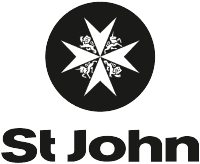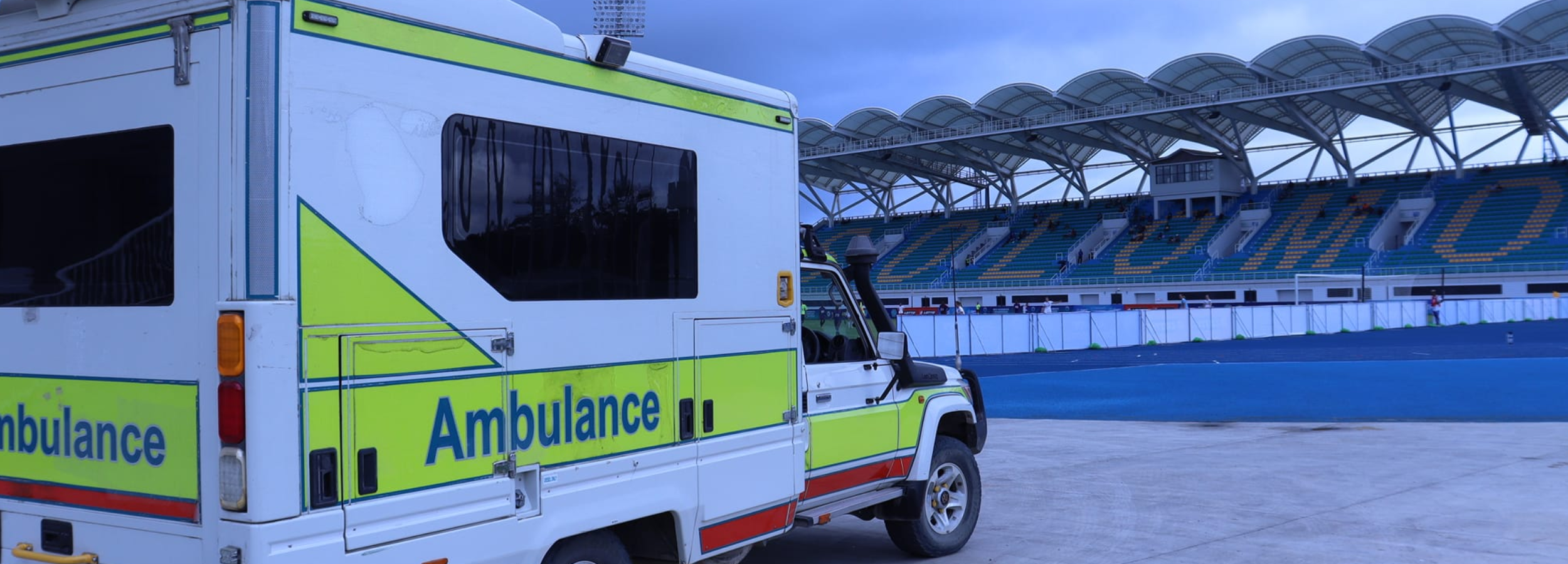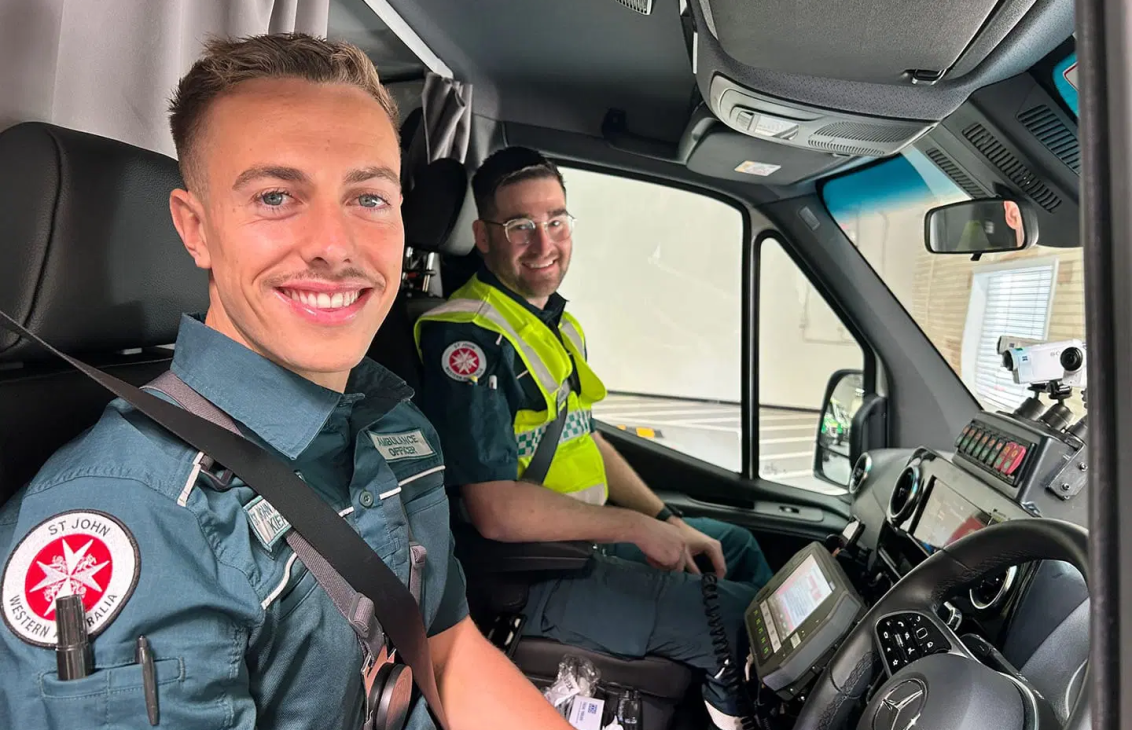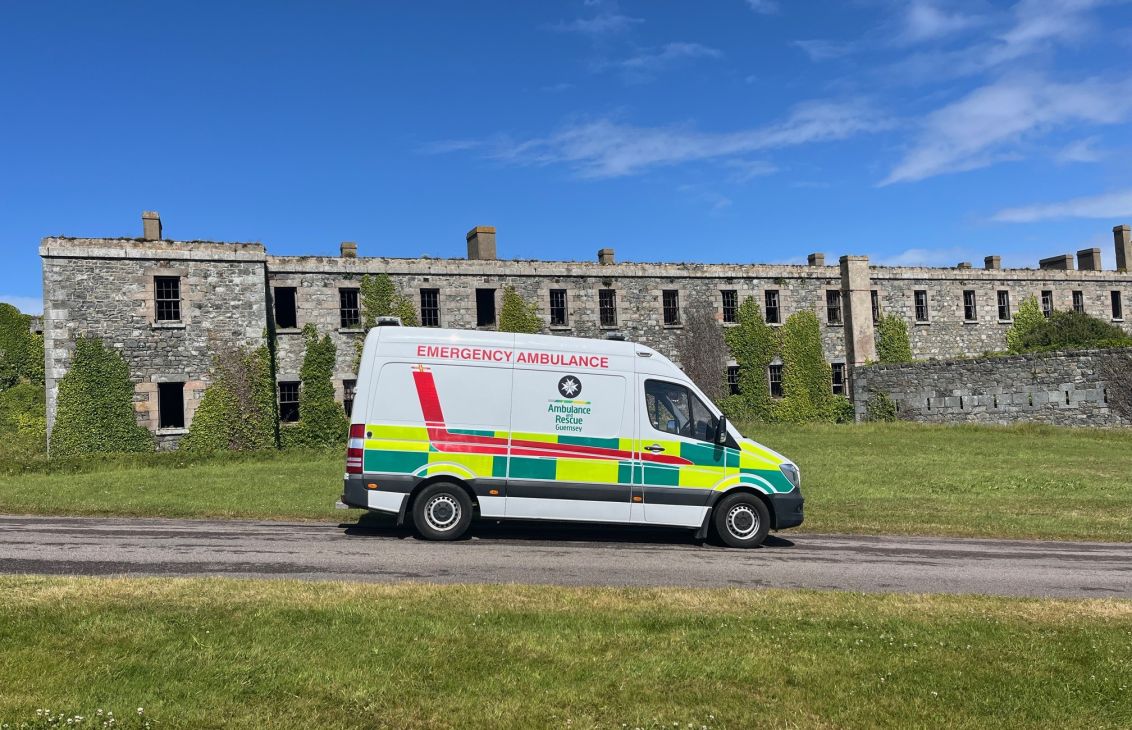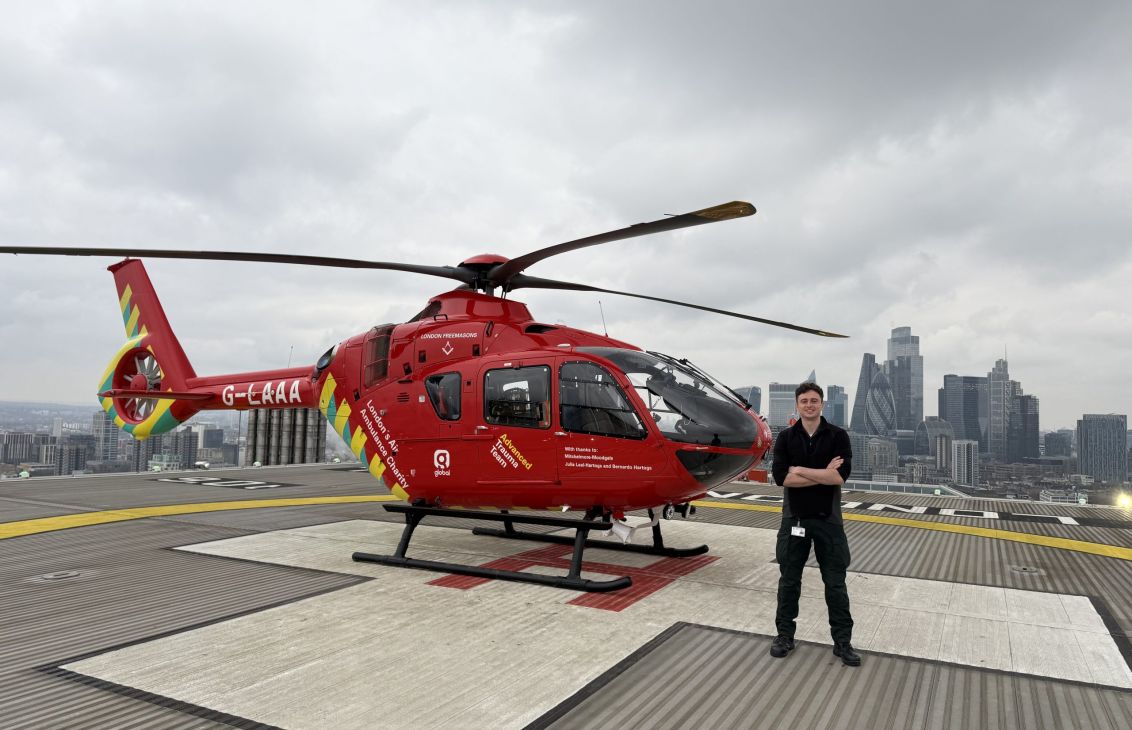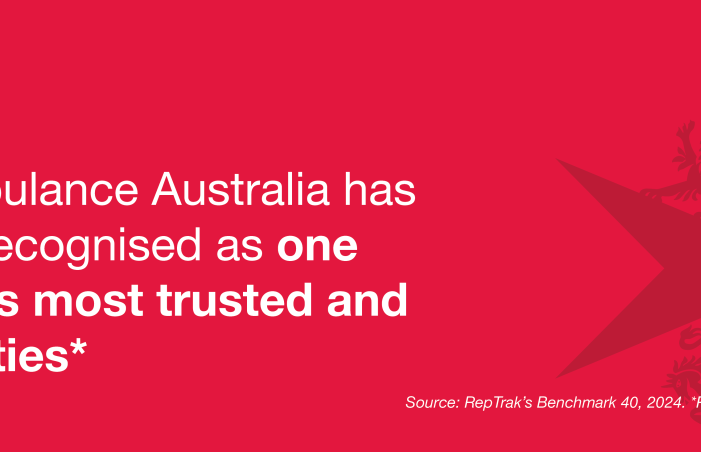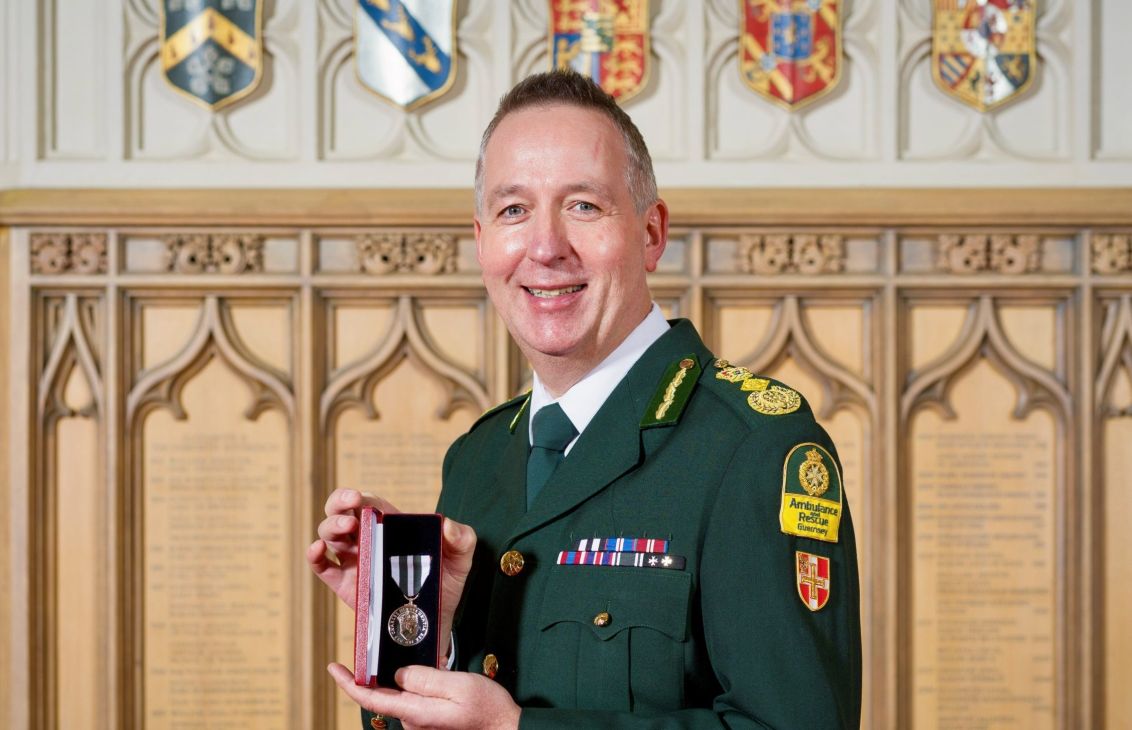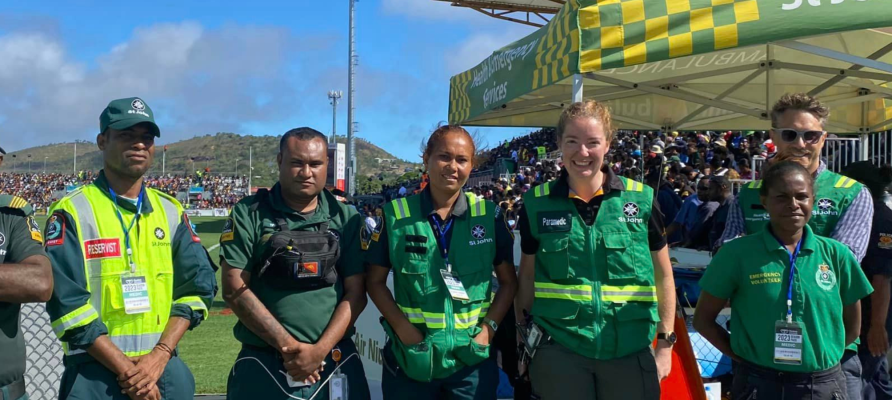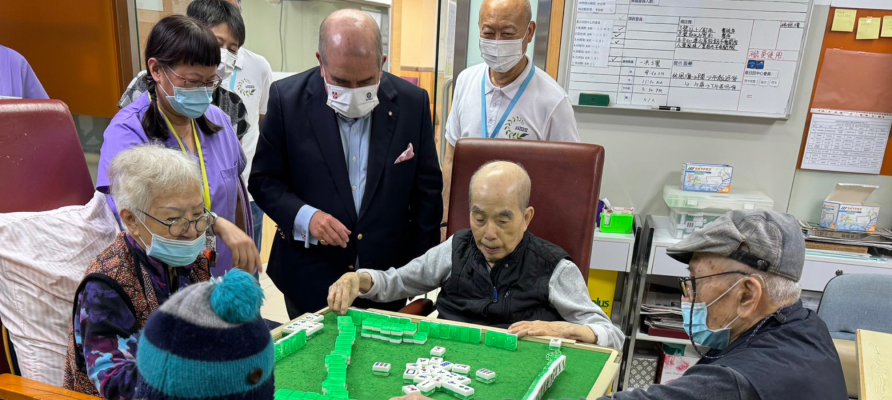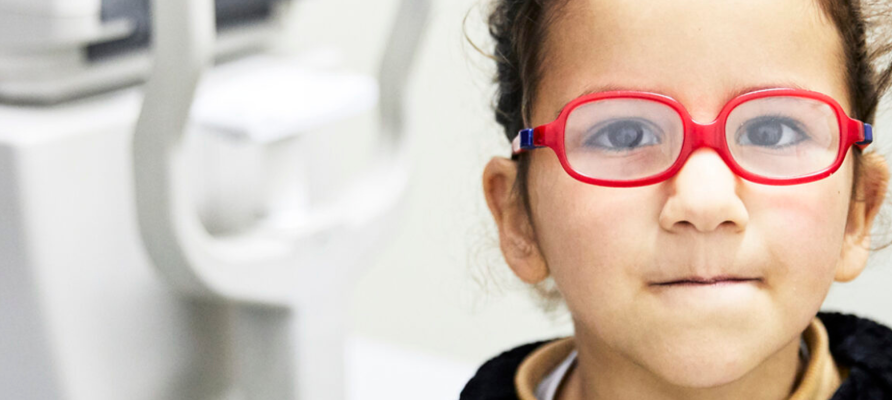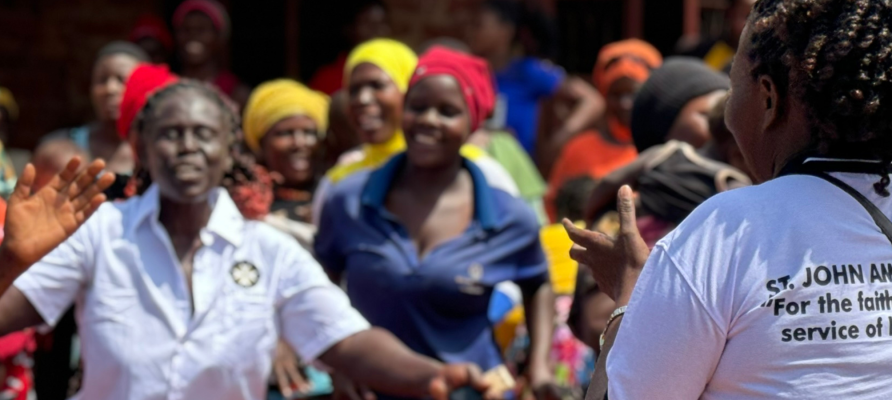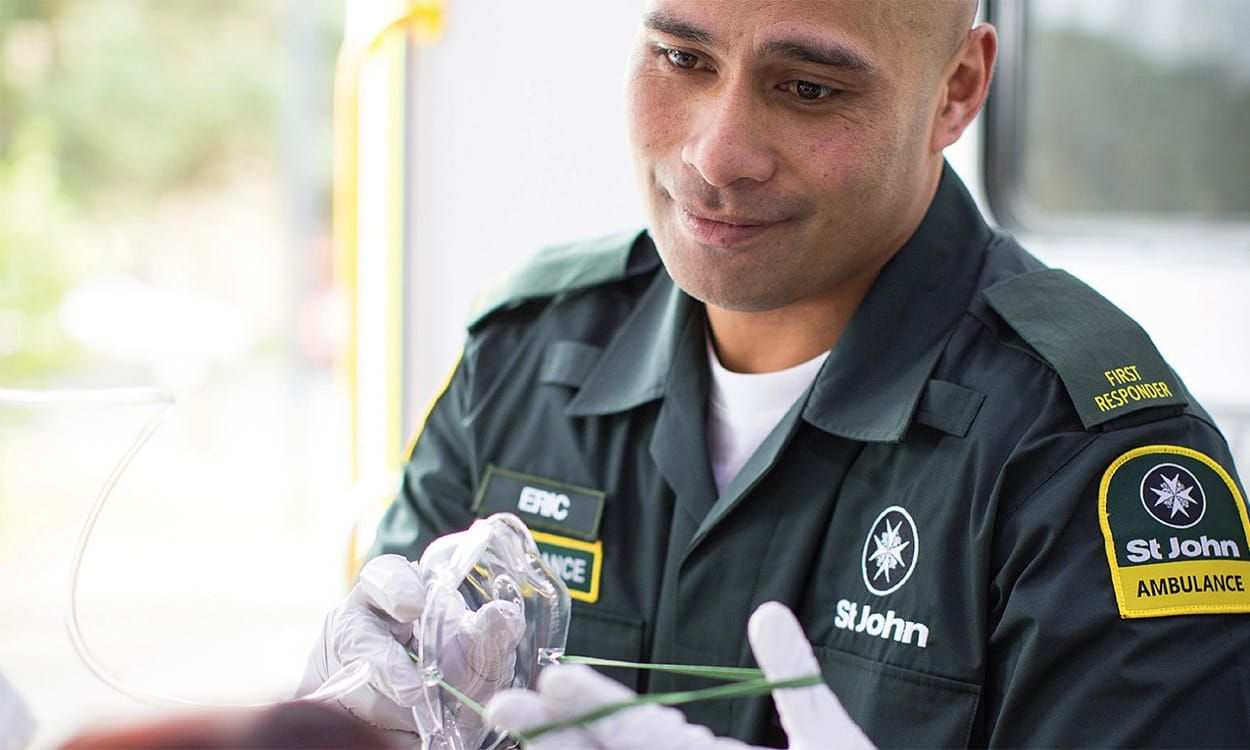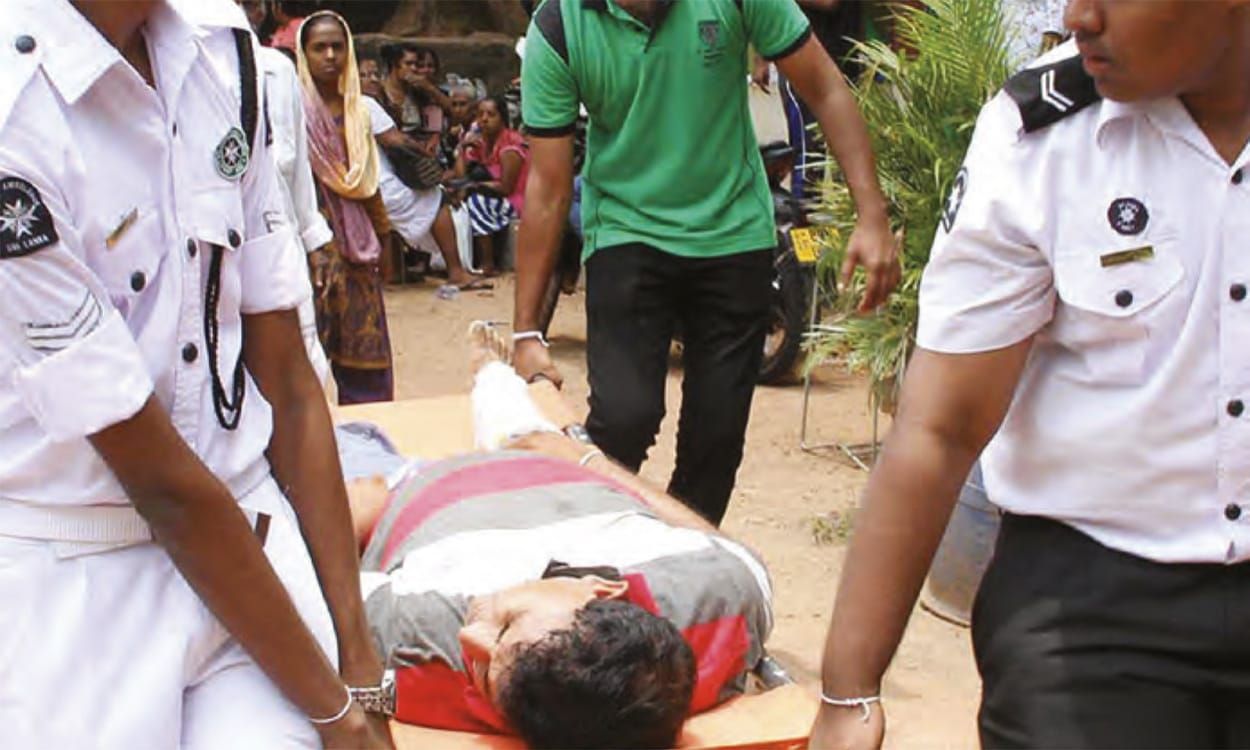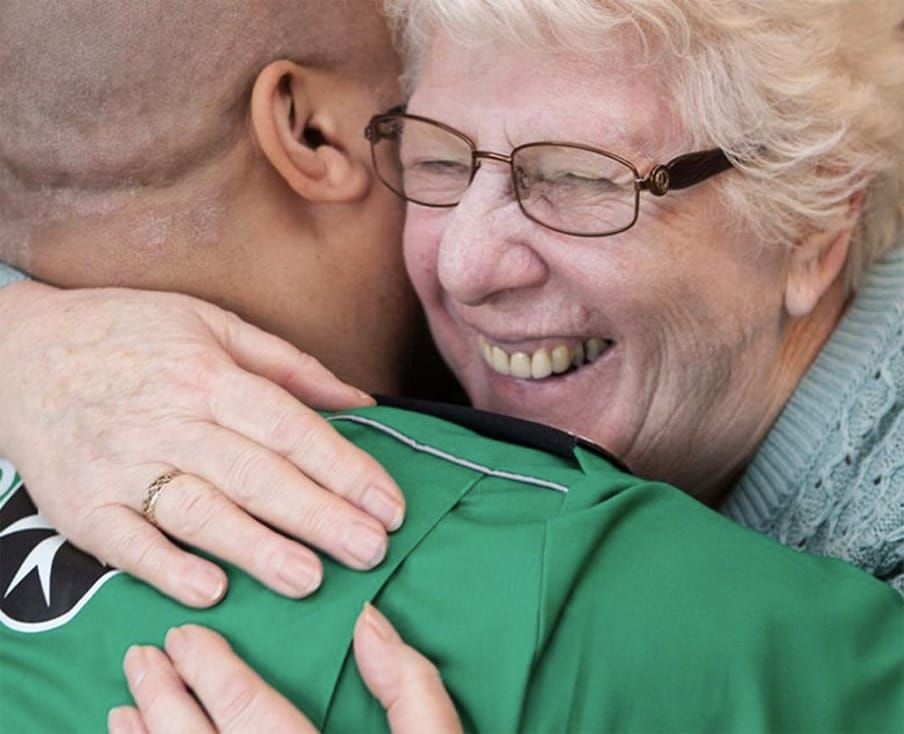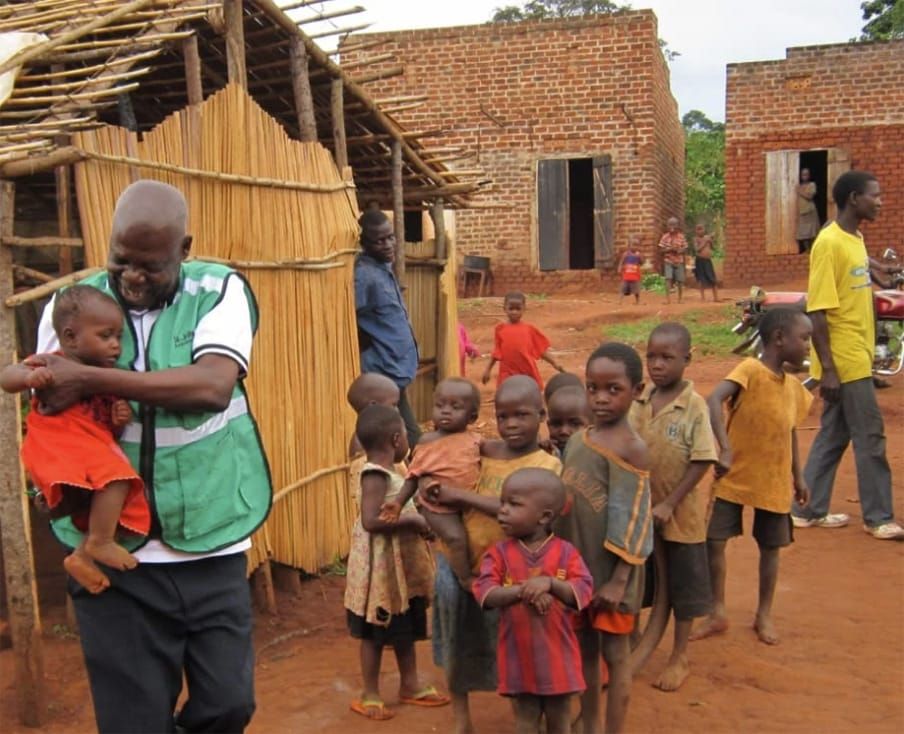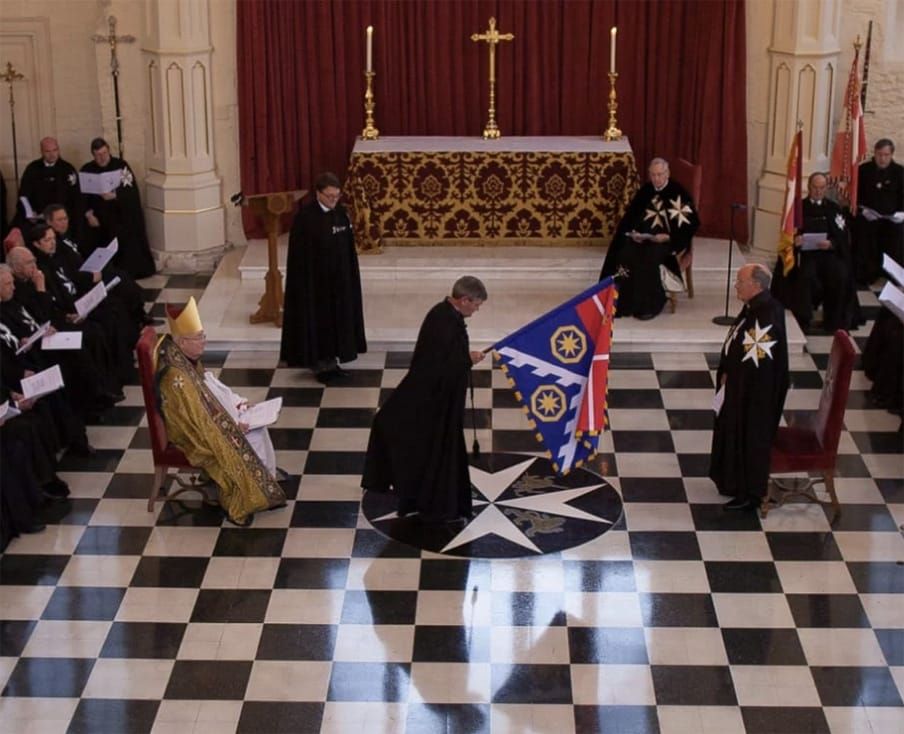What's the challenge?
Ambulances, along with Fire, Police and Coastguard services, are established as a core part of how a society keeps people safe. They are an integral part of emergency first response to any kind of critical incident or accident, providing on site clinical care and safe transport for specialist services at hospitals.
St John has been delivering pre-hospital care since we began in 1877 as literally the first modern ambulance service in the world. 150 years later, we have spread our knowledge around the world, but not everyone has access to a professional ambulance service, and hundreds of thousands of people die or suffer life changing medical events for want of fast, effective care and transport.
St John works in countries where there is still no state ambulance service, and private medical care is expensive and patchy. Roads are poor, there are no street names or clear addresses, and no reliable public transport. If you have an accident, there is no emergency number to call and seek help. You are on your own.
Providing an ambulance service saves lives. Providing an emergency number to call when help is needed saves lives. Giving people the means to get to a hospital when they need it save lives.
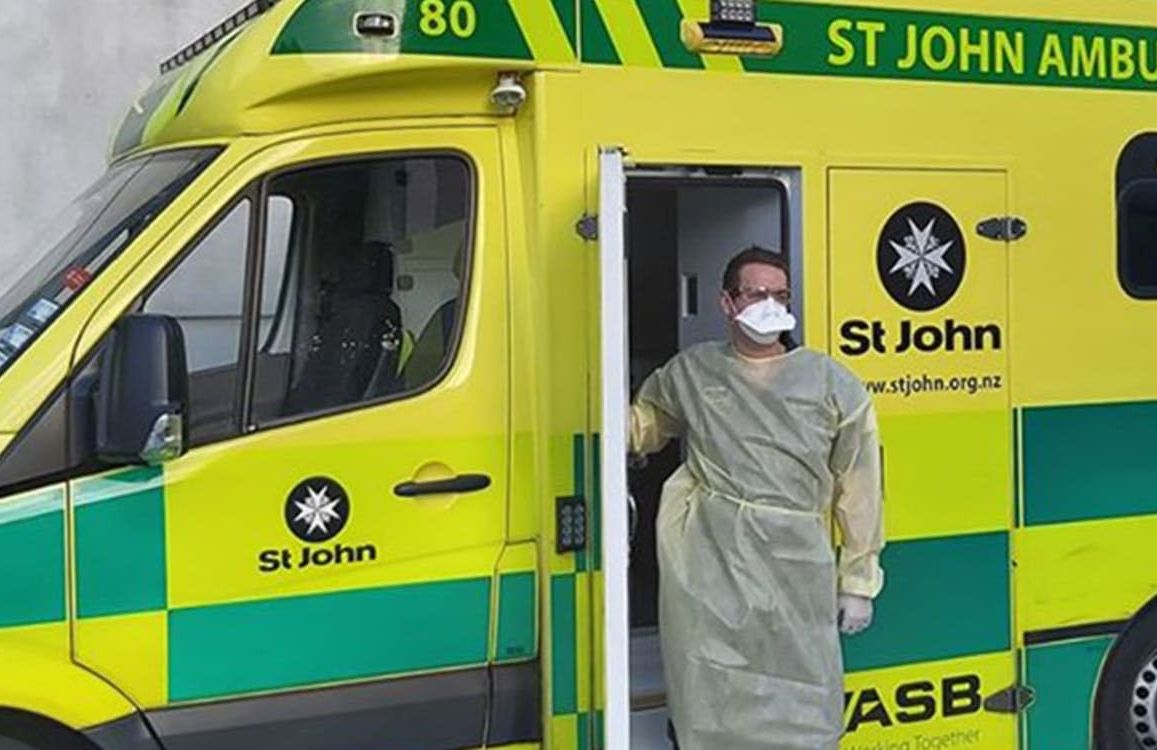
What are we doing?
After 150 years, St John are still at the forefront of Ambulance work globally. In the Asia Pacific region, St John operated ambulance services make up the largest service of its kind in the world, serving a combined estimated population (89,851,039) of Australia, New Zealand, PNG, SI, Fiji, Malaysia, Singapore, Hong Kong. Even in countries like the UK, where the national health service runs the service (based initially on the service St John had set up) we still provide an auxiliary service that to support the state ambulance service at times of greatest need.
Around the world, we operate over 10,000 specially equipped ambulances, with more than 180,000 specialists working in a St John Ambulance to keep people safe.
St John people regularly attend conferences, discussions and debates about developing good practice and improving care standards.
We are also often a common first step for young people wanting a career as an emergency medical professional. The training pathways and career opportunities we offer to young people make St John an important part of the system to develop and grow the health workforce in many countries.
Where do we work?
- St John provides ambulance services, of differing scale and reach around the world. Many of our Establishments provide some form of Ambulance support.
- For example, in New Zealand, Western Australia, or Papua New Guinea we provide the state Ambulance service. In all three places, we run the emergency call centres and dispatch systems with state-of-the-art technology and professionalism.
- In Jamaica and Kenya, we provide ambulances with emergency medical technicians to provide emergency medical care at accidents or other critical incidents.
- in Zambia, Uganda and Bermuda we provide ambulances as part of our event support programme, providing first aid services for large scale public events, or sports meetings.
- In Gibraltar Scotland and Fiji, , we provide ambulances for patient transport to and from hospital sometimes with trained clinical assistance.
- To find out if your local St John establishment offers an ambulance service, filter the map on our Where We Work page!
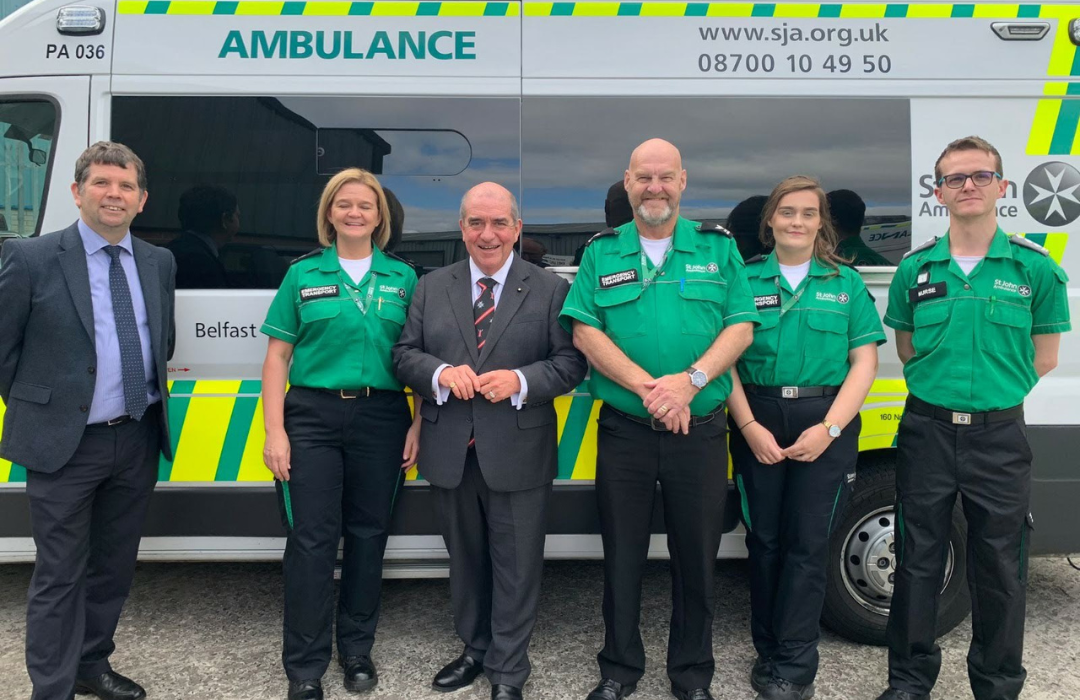
1,495,773 people helped by Ambulance or provided with First Aid
743,162 people provided with community level care
2.2 million+ emergencies responded to and people treated
